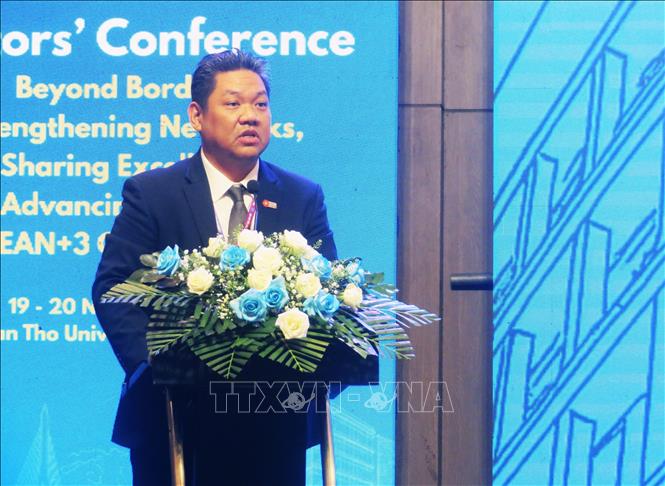
The event brought together leaders of higher education institutions from ASEAN, Japan, Korea and China, creating a strategic forum for presidents to exchange visions, share management experiences, and shape the direction of higher education development in the context of regional integration and global transformation. The theme of this conference is “Beyond Limits: Strengthening Networks, Sharing Quality and Promoting Sustainable ASEAN+3 Cooperation”, reflecting the common aspiration of universities in promoting deeper connections, closer cooperation and more sustainable development.
Vice Chairman of Can Tho City People's Committee Nguyen Van Khoi said that the Mekong Delta region is facing many serious challenges such as climate change, water security and economic restructuring. Higher education, science - technology and innovation are important pillars to create a sustainable future. Can Tho is aiming to build an innovation ecosystem based on four strategic pillars: High-quality higher education; science - technology; innovative startups and close cooperation between the state - schools - businesses.
On that basis, Can Tho aims to become the center of knowledge and innovation in the Mekong Delta region, ready to cooperate extensively with universities in the ASEAN+3 bloc through training, research and technology transfer activities. The city is committed to creating favorable conditions for educational institutions to implement international cooperation programs, especially in the fields of artificial intelligence, big data, robots, smart agriculture and ecological urban development.
Professor, Dr. Nguyen Thanh Phuong, Chairman of the University Council, expressed his pride that Can Tho University was chosen by the ASEAN University Network (AUN) to host the event. This is a clear demonstration of the academic prestige and growing international connectivity of Vietnamese higher education. This is the first time a Vietnamese higher education institution has organized a high-level forum for leaders of schools in the ASEAN+3 bloc, opening up many opportunities for strategic cooperation in training, research, digital transformation and high-quality human resource development.
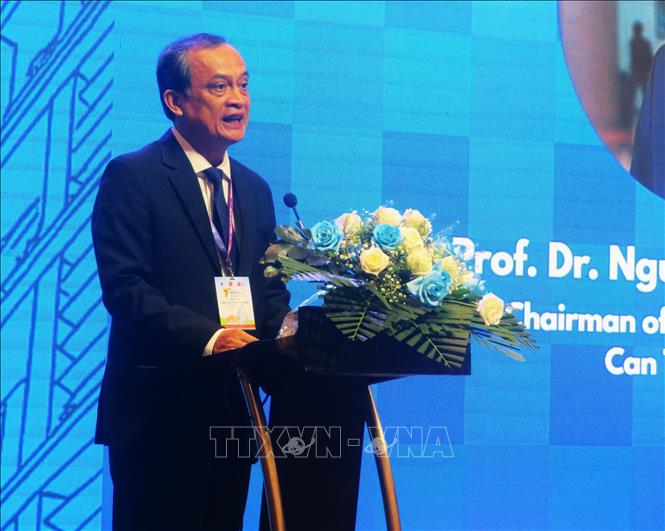
Within the framework of the conference, delegates discussed three main pillars including health equity; climate resilience and food security; technology cooperation and sustainable growth. The conference focused on key topics such as sustainable agriculture and fisheries, climate change adaptation, water resource management and the application of digital technology in regional development. Delegates visited Can Tho University, visited laboratories and observed a demonstration of UAV (unmanned aerial vehicle) technology in agricultural applications.
From the discussion sessions, experts and leaders of educational institutions proposed many strategic solutions to develop the ASEAN regional university system. Specifically, delegates mentioned expanding joint training programs and dual degrees, establishing joint research clusters to address local challenges; promoting student and lecturer exchanges; deeper cooperation with businesses and international organizations; digital transformation in university governance, towards a “smart university” model.
Associate Professor, Dr. Thanapan Laiprakobsup, Executive Director of the ASEAN University Network, said: The Network always affirms its commitment to putting the quality of higher education at the center; not only building common standards but also focusing on enhancing the “resilience” and “institutional immunity” of universities in the region. He emphasized the importance of internal quality assurance including systems, processes and mechanisms for self-assessment and self-improvement of quality... That is the foundation for universities to self-control, continuously improve and develop sustainably. He highly appreciated the efforts of Vietnam and Can Tho University in improving the quality of education and commitment to international cooperation. ASEAN+3 universities’ joint participation in interdisciplinary research programs, scholar exchanges, and scientific data sharing will help the region better address challenges such as climate change, food security, and sustainable development. University cooperation is not only about knowledge sharing, but also about creating social, economic, and environmental impacts through strong and sustainable networks.
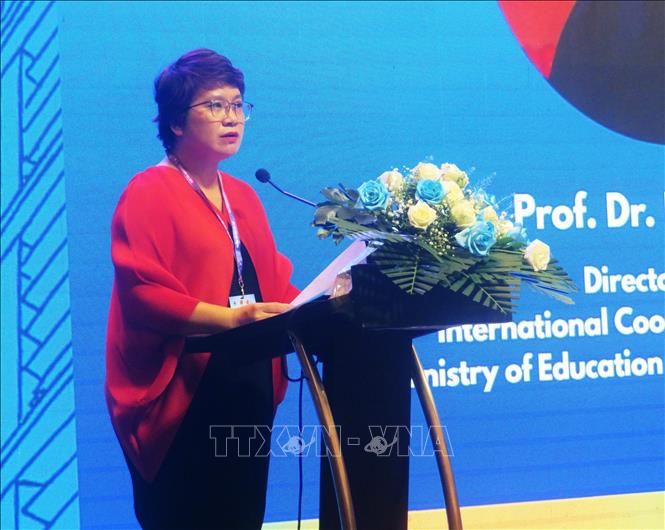
Being selected to host the 7th ASEAN+3 Rectors' Meeting contributes to affirming the international prestige of Can Tho University, opening up a new vision for Vietnamese universities to shift from participating to leading and leading roles in the regional high-level education cooperation network. With the leadership of the ASEAN University Network and strong commitment from member countries, the future of ASEAN+3 university cooperation promises to have sustainable, extensive and meaningful progress.
Source: https://baotintuc.vn/giao-duc/hoi-nghi-hieu-truong-asean3-ban-cac-giai-phap-phat-trien-giao-duc-dai-hoc-20251119143420092.htm




![[Photo] National Assembly Chairman Tran Thanh Man holds talks with South Korean National Assembly Chairman Woo Won Shik](/_next/image?url=https%3A%2F%2Fvphoto.vietnam.vn%2Fthumb%2F1200x675%2Fvietnam%2Fresource%2FIMAGE%2F2025%2F11%2F20%2F1763629724919_hq-5175-jpg.webp&w=3840&q=75)
![[Photo] Lam Dong: Panoramic view of Lien Khuong waterfall rolling like never before](/_next/image?url=https%3A%2F%2Fvphoto.vietnam.vn%2Fthumb%2F1200x675%2Fvietnam%2Fresource%2FIMAGE%2F2025%2F11%2F20%2F1763633331783_lk7-jpg.webp&w=3840&q=75)

![[Photo] President Luong Cuong receives President of the Senate of the Czech Republic Milos Vystrcil](/_next/image?url=https%3A%2F%2Fvphoto.vietnam.vn%2Fthumb%2F1200x675%2Fvietnam%2Fresource%2FIMAGE%2F2025%2F11%2F20%2F1763629737266_ndo_br_1-jpg.webp&w=3840&q=75)


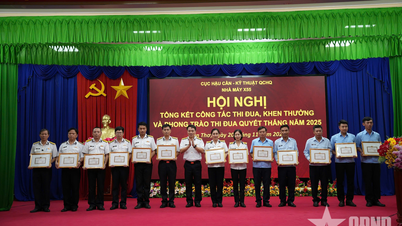

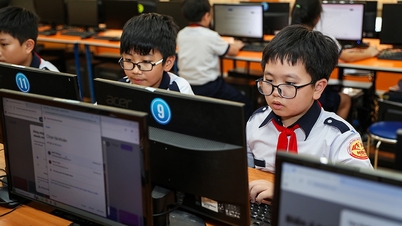

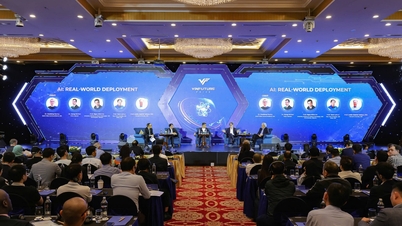

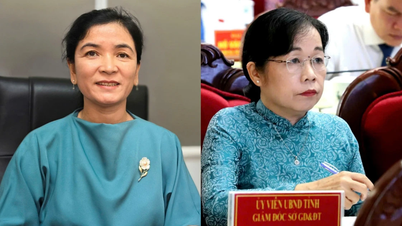

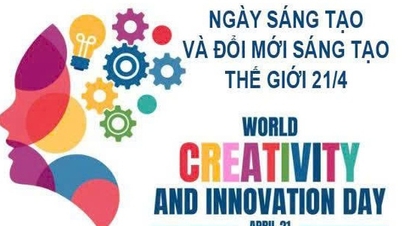

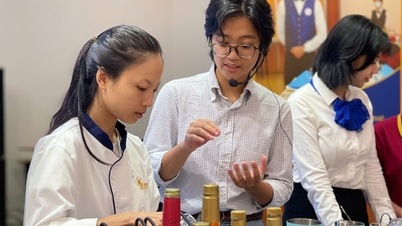
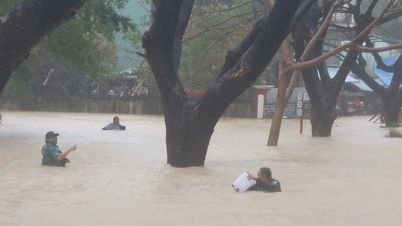

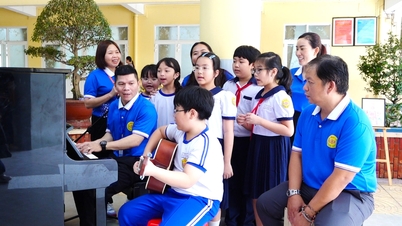
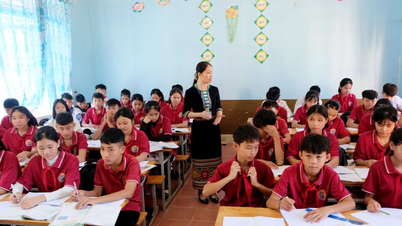
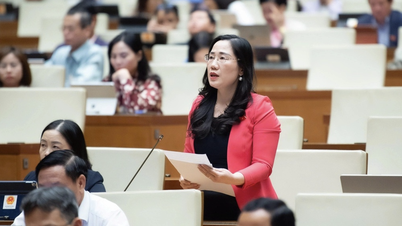
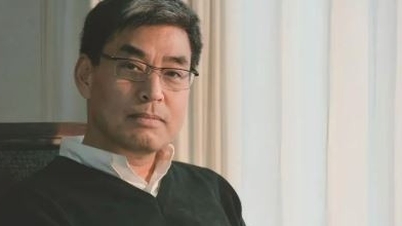




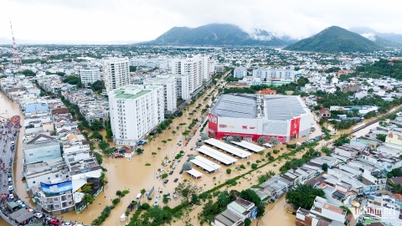

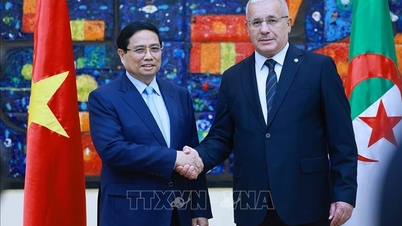
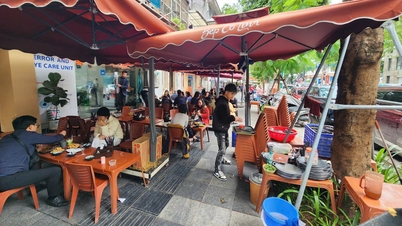
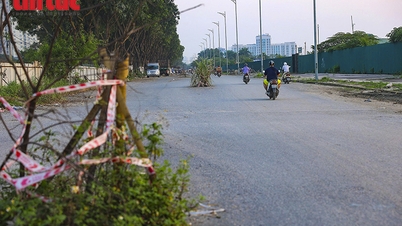
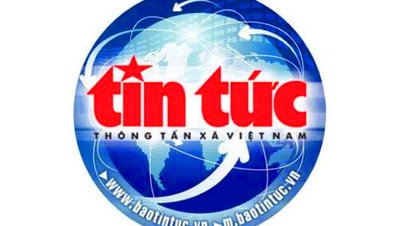


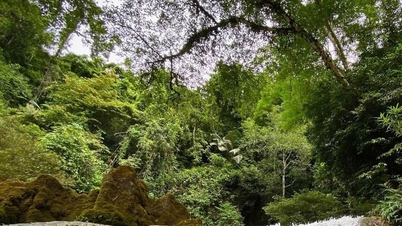
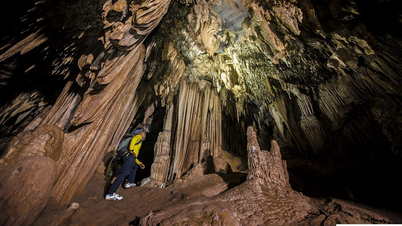






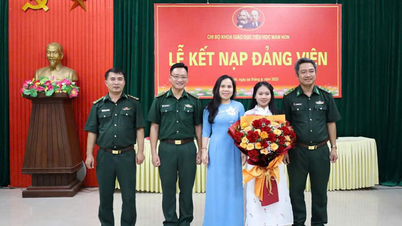
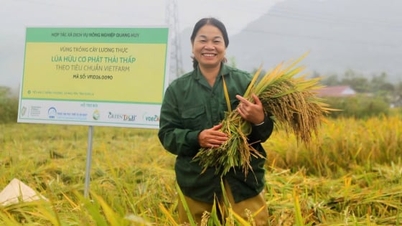

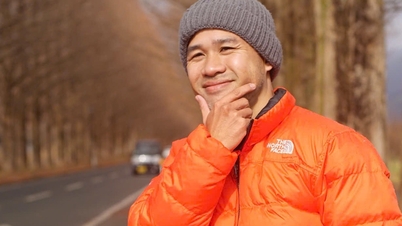
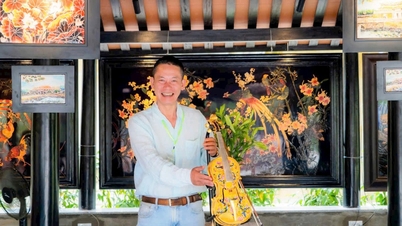
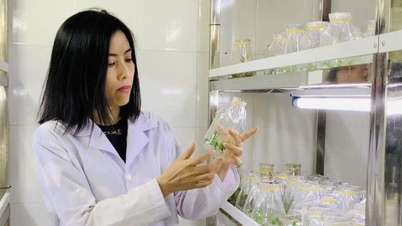
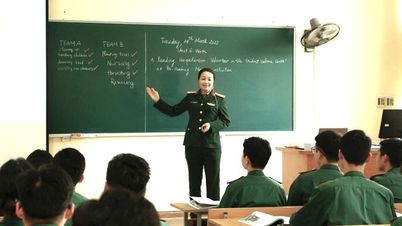

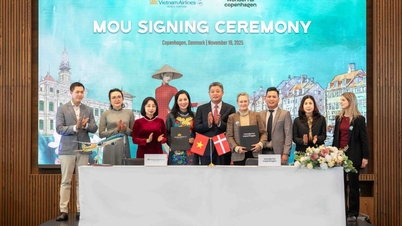

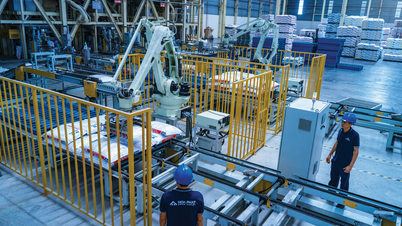

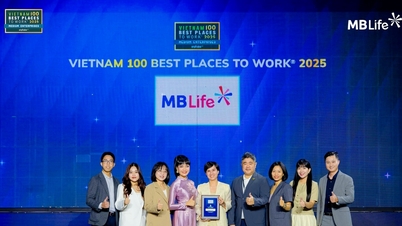
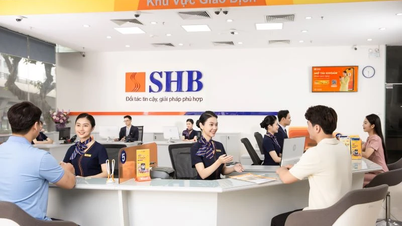









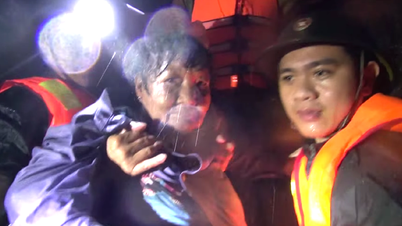

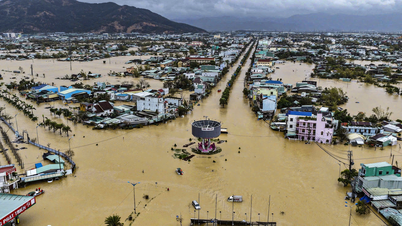
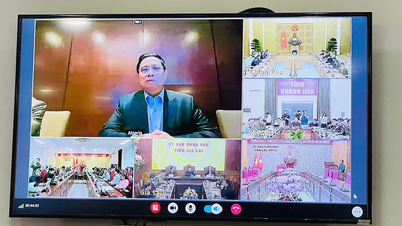
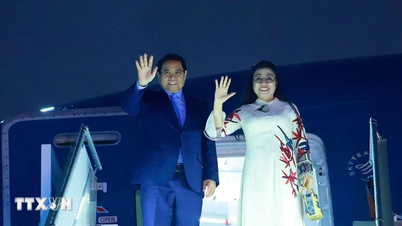

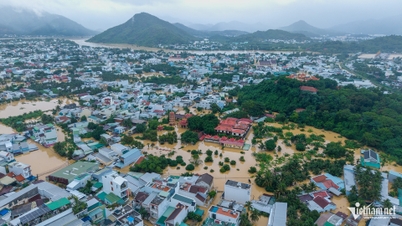


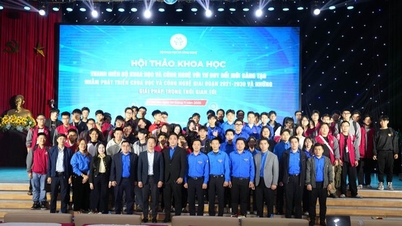
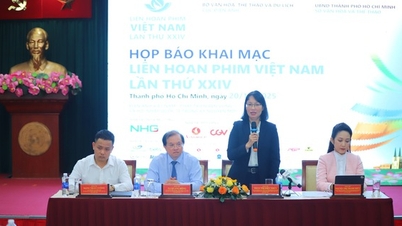

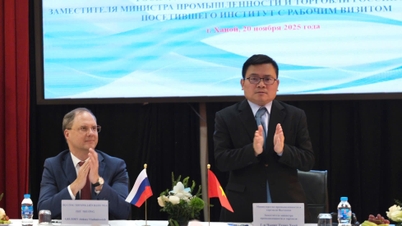
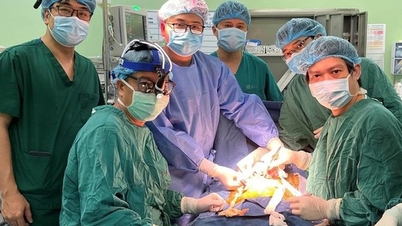
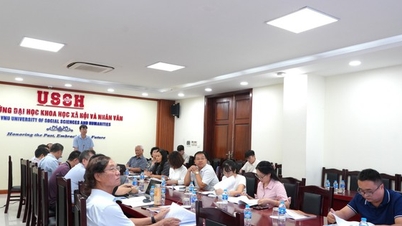
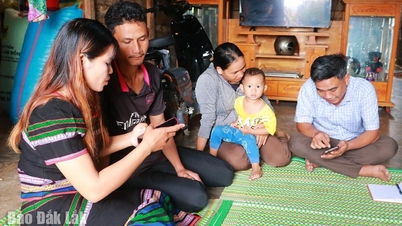

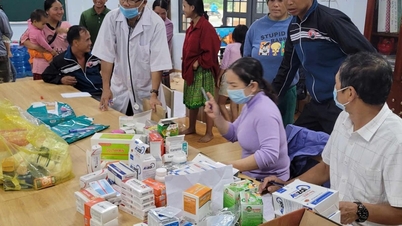
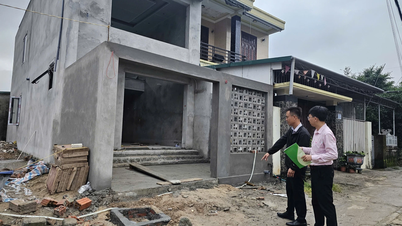

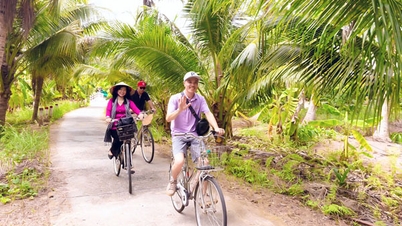



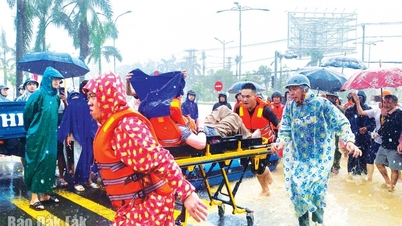


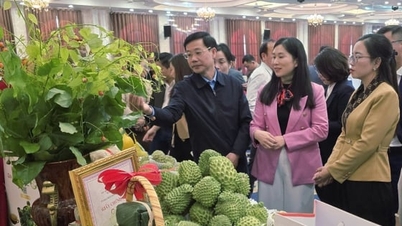








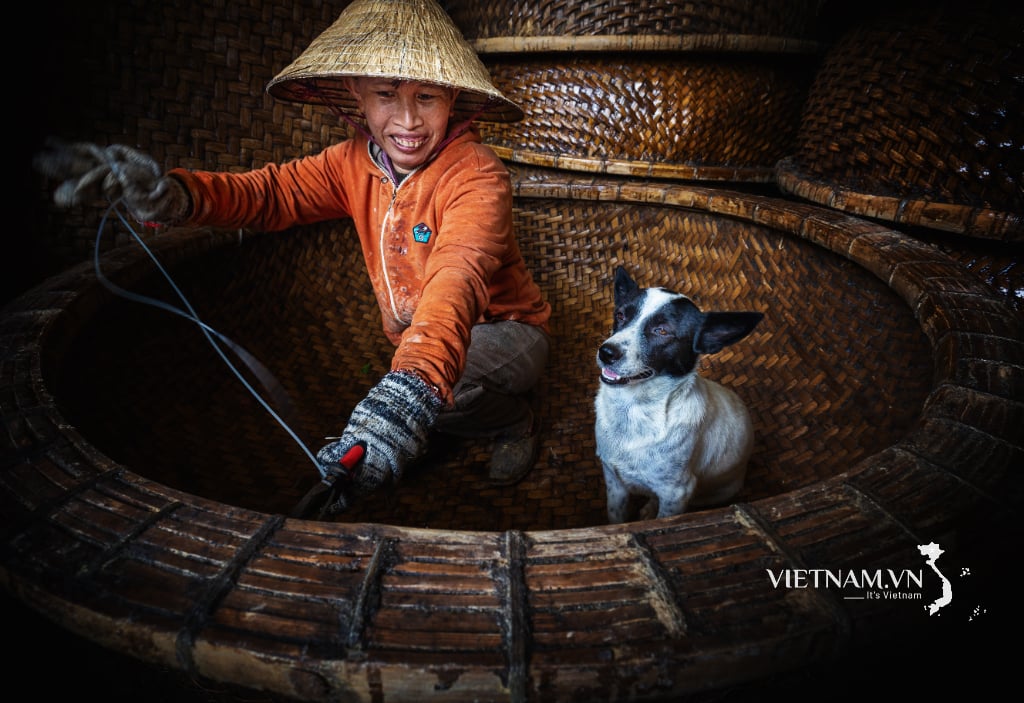


Comment (0)